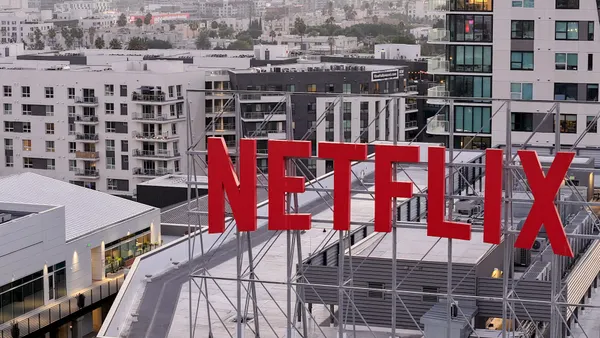Dive Brief:
- Google has updated its AdSense hate speech policies and implemented ad removal capabilities at the individual page level, according to Marketing Land.
- One key change is to wording on the "Content that advocates against an individual, group, or organization" section that now explicitly states that AdSense will not monetize "dangerous or derogatory content." Any content that promotes discrimination or disparages individuals or groups with characteristics “associated with systemic discrimination or marginalization” violates the new policy.
- The other major change is the ability for page-level rather than site level ad removal. The difference is important for AdSense's 2 million-plus publishers because their entire websites won't necessarily be impacted for a single instance of hate speech violation. The distinction is also valuable for Google since one violation wouldn't end all ad revenue generated by the sites in question.
Dive Insight:
Google has been scrambling to find fixes for offensive content hosted across its properties, but especially with publishers on the AdSense network and on its video platform YouTube. A lack of guarantees that ads will not run on articles or next to videos that feature "dangerous or derogatory" material including terrorism or hate speech has lead a number of big-name marketers in the U.S. and Europe to freeze their spend with Google until brand safety is addressed.
While these boycotts are unlikely to hurt Google in any significant way in terms of revenue — it is the largest digital advertising platform in the world — they're clearly spurring important policy changes, as the AdSense updates demonstrate. Google has also said that it's beefing up staff to better monitor content, developing AI technologies that can more quickly flag down offensive material and completely reworking how channels on properties like YouTube are monetized.
Being able to remove ads on the individual page level, in particular, will be a huge boon to whitelisting efforts on the part of marketers and their agency partners, which are likely wary of banning publishers that otherwise host valuable content. The move is to be welcomed by publishers as well, which don't want to be entirely cut out from a brand's ads just because of one inflammatory opinion piece, for example.











